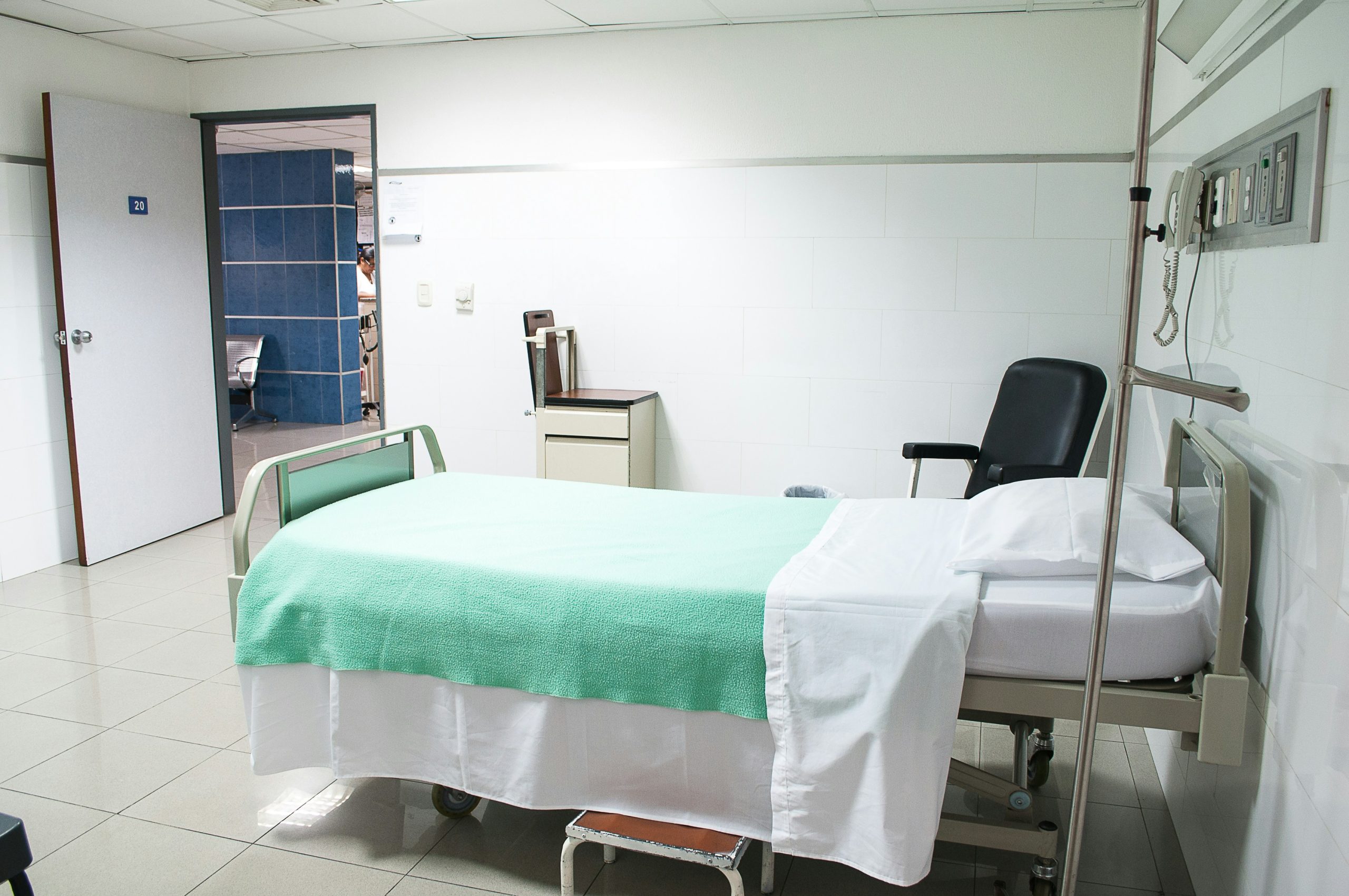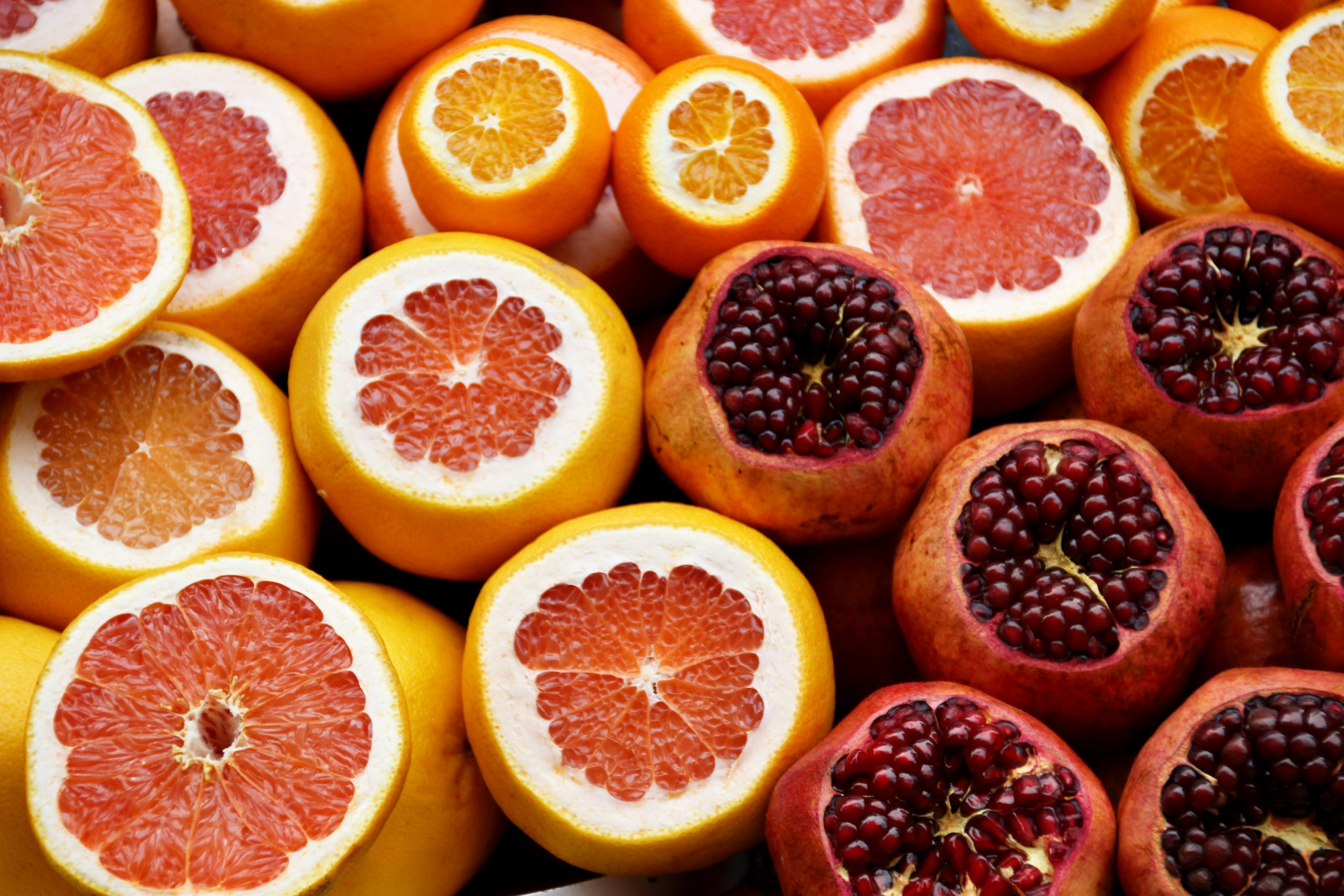health and safety guidelines

Explore Africa’s beauty safely! Discover essential health and safety tips for your unforgettable African adventure.
general health recommendations

As travelers embark on their African adventures, it’s essential to prioritize health and safety to fully enjoy the experience. Here are some general health recommendations to consider:
Practice Good Hygiene
Proper hygiene is crucial to prevent the spread of illnesses. Remember to:
- Wash your hands frequently with soap and water
- Use hand sanitizer with at least 60% alcohol content
- Cover your mouth and nose with a tissue or your elbow when sneezing or coughing
- Avoid touching your face with unwashed hands
Maintain a Healthy Diet
Eating well is key to staying healthy while traveling. Consider the following recommendations:
- Include fresh fruits and vegetables in your diet
- Stay hydrated by drinking plenty of water
- Avoid consuming raw or undercooked meat and seafood
Stay Active
Physical activity is not only beneficial for your health but also a great way to explore Africa. Remember to:
- Engage in regular exercise such as walking or hiking
- Stretch and move around during long flights or drives to prevent stiffness
- Consider participating in safari tours or nature walks for a dose of adventure and exercise
- Maintain a regular sleep schedule despite time zone changes
- Create a comfortable sleep environment by using earplugs, an eye mask, or a travel pillow
- Practice relaxation techniques such as deep breathing or meditation to unwind before bedtime
- Update your vaccinations based on the destinations you plan to visit
- Carry an ample supply of prescription medications along with a copy of your prescriptions
- Research local medical facilities and emergency contacts in case of any health-related issues
Get Adequate Rest
- Maintain a regular sleep schedule despite time zone changes
- Create a comfortable sleep environment by using earplugs, an eye mask, or a travel pillow
- Practice relaxation techniques such as deep breathing or meditation to unwind before bedtime
- Update your vaccinations based on the destinations you plan to visit
- Carry an ample supply of prescription medications along with a copy of your prescriptions
- Research local medical facilities and emergency contacts in case of any health-related issues
Seek Medical Advice
- Update your vaccinations based on the destinations you plan to visit
- Carry an ample supply of prescription medications along with a copy of your prescriptions
- Research local medical facilities and emergency contacts in case of any health-related issues
vaccinations and medical preparation

Understanding the Importance of Health and Safety Guidelines
Ensuring proper vaccination and medical preparation is crucial for travelers embarking on international journeys, especially those heading to regions with specific health risks. Health and safety guidelines play a vital role in safeguarding individuals against potential health hazards and ensuring a smooth and enjoyable travel experience.
Key Vaccines for Travelers
1. RSV vaccines: Essential for protecting against respiratory syncytial virus, particularly important for individuals at higher risk such as young children and the elderly.
2. Smallpox Preparedness: Remaining vigilant against diseases like smallpox is paramount for global health security and individual well-being.
3. Bird Flu Prevention: Understanding the measures for preventing and treating avian influenza should be a priority for travelers venturing into regions with bird flu outbreaks.
Preparation for Pregnant Travelers
Pregnant travelers need to take special precautions and consult with healthcare providers before traveling to ensure the safety of both themselves and their unborn child. Proper planning, including relevant vaccinations, is essential to minimize health risks.
COVID-19 Vaccination Protocols
In the current global scenario, being informed about the latest COVID-19 vaccination protocols is crucial for travelers. Following guidelines from authorities and healthcare providers can help mitigate the risks associated with the pandemic and ensure a safe journey.
Staying Informed with International Health Regulations
Keeping up-to-date with international health regulations is fundamental for travelers. Understanding the specific requirements and recommendations for the destinations being visited can aid in making informed decisions regarding vaccinations and medical preparation.
Anticipating Potential Health Risks
Being aware of potential health risks in specific regions is essential for travelers. Researching and understanding the prevalent diseases and health challenges in a particular area can guide individuals in taking the necessary precautionary measures to protect themselves.
By prioritizing health and safety guidelines, travelers can enhance their well-being and enjoy a worry-free journey. Proper vaccination, medical preparation, and adherence to established protocols contribute to a safer and more fulfilling travel experience.
food and water safety

When traveling to Africa, it is essential to pay close attention to food and water safety to prevent any health issues. The following guidelines will help you enjoy your trip with peace of mind.
Drinking Water Safety:
- How Safe Is Our Drinking Water? It is recommended to always drink bottled water or water that has been properly filtered or boiled.
- Health officials have set safety guidelines for the quality of drinking water in different regions. Be sure to follow these guidelines to avoid any risks.
Food Safety:
- When it comes to food hygiene, always choose reputable restaurants and vendors. Avoid consuming food from street stalls to minimize the risk of foodborne illnesses.
- Assuring Water Quality and Safety in Food Processing is crucial. Make sure that the water used for food preparation is clean and safe to avoid contamination.
Emergency Situations:
In case of natural disasters or emergencies, such as hurricanes, earthquakes, or floods, it is essential to stay informed and prepared:
- Staying Safe After Hurricane Ian: What You Need to Know. Ensure you have access to clean water and food supplies that are safe to consume.
- If you find yourself in floodwater after a disaster or emergency, follow the guidelines provided by health authorities to protect yourself from waterborne diseases.
- Preparing for an Earthquake is crucial. Have an emergency kit with clean water and non-perishable food items ready at all times.
General Safety Tips:
- Plan safety into your summer activities by carrying a reusable water bottle and staying hydrated with safe sources of water.
- Beach safety tips for families include avoiding swimming in contaminated water and choosing designated swimming areas for health protection.
- Before engaging in any water activities, check for permits and licensing requirements to ensure the safety of the water area.
By following these health and safety guidelines for food and water safety, you can enjoy your African adventure while prioritizing your well-being. Remember that prevention is key to a safe and memorable trip.